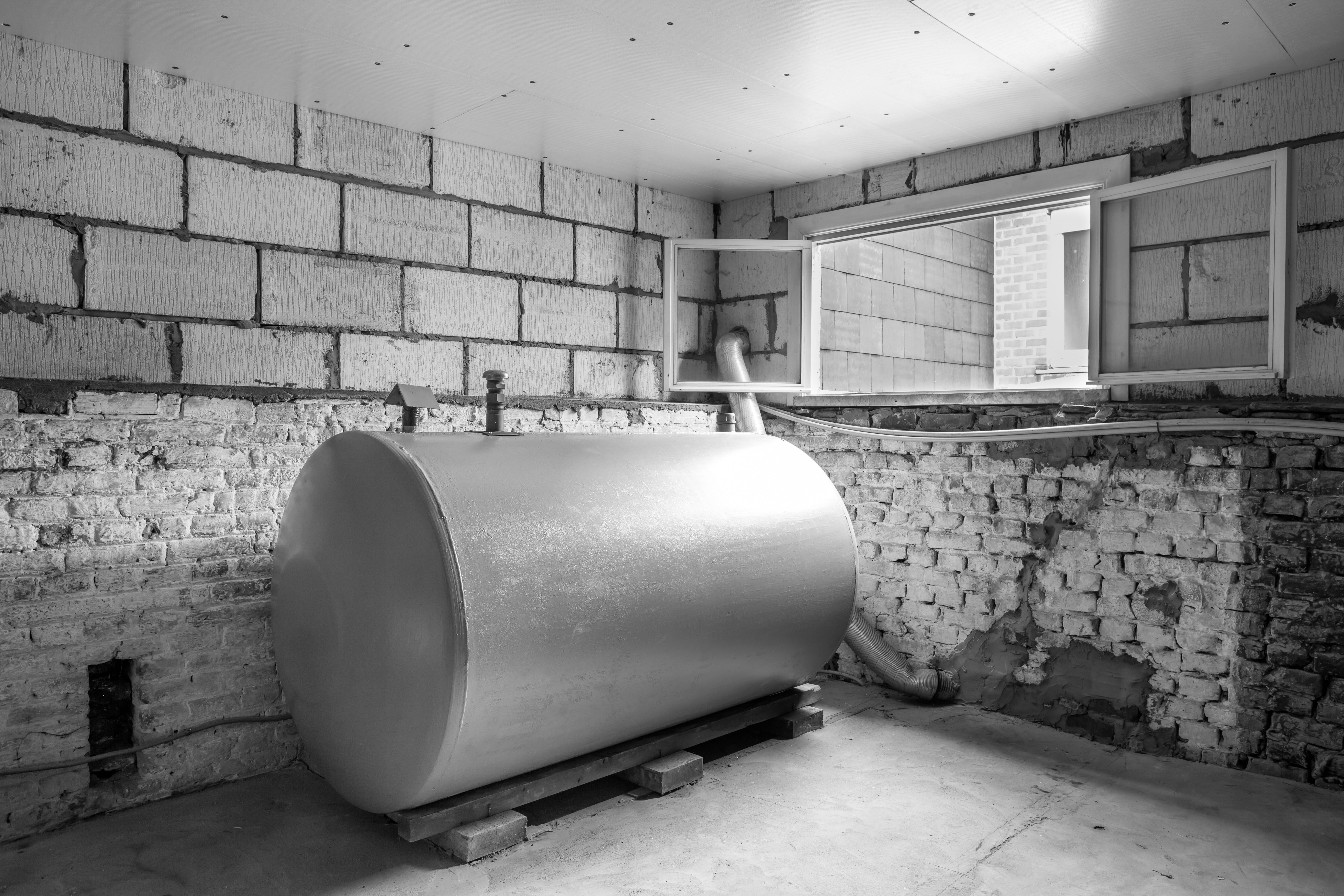Homeowners rarely think about the condition of their oil tanks. They can be crucial in ensuring security and comfort at home. The replacement of oil tanks is an important expense for homeowners, as it directly affects infrastructure and also the safety of the home.
The residential oil tanks are the unsung heroes of the home. They provide fuel for heating systems as well as hot water systems. However, as time passes, corrosion may begin to form, which could result in leaks or environmental dangers. It is vital for homeowners to check the condition of their tanks, and to prioritize replacement as needed. The process of replacing oil tanks isn’t just about saving money; it’s crucial to ensure that the environment is protected and that your property is secure and you’re able to get a continuous supply of heating oil.

When you consider the Cost
The cost of replacing the oil tank is a major issue for homeowners. Costs may differ based on the size of the tank, its complexity of installation, and additional environmental requirements. In order to budget your expenses it is crucial to get accurate estimates of costs. The initial investment can be significant but it’s essential to ensure the safety and efficiency.
Factors Influencing Replacement Costs
Various factors influence the cost to replace oil tank. The dimensions and design of tank, the accessibility to the site of installation and environmental remediation requirements as well as compliance with safety regulations and building codes are all factors. Homeowners need to be aware of materials and labor cost as well as any improvements which may be required. Homeowners can make better choices about the cost of replacement if they are aware of these issues.
Prioritizing Environmental and Safety Considerations
Safety and environmental concerns take center stage in the replacement of oil tanks. Aging tanks are prone to leaks and corrosion which can lead to soil and groundwater contamination. Replacing damaged tanks helps reduce the environmental risk and safeguards the environment around. A strict set of safety standards is adhered to during the construction of new tanks in order to avoid accidents. This ensures household safety is guaranteed.
How to Choose a Reliable Service provider
To ensure a smooth, secure replacement process, it is important to select a reliable service provider. Owners of homes should look for licensed professionals with experience in the installation of oil tanks and removal. Ideal is a provider who has a track record of replacing oil tanks and is dedicated to the environment and safety. The most reliable professionals will ensure that your requirements for replacing oil tanks are met with professionalism and honesty.
The long-term benefits surpass the initial costs
Although the initial costs of replacing your oil tank may appear expensive, the benefits you’ll reap in the long run are priceless. Removing old tanks can help homeowners avoid expensive environmental cleanup and damage to property resulting from leaks. New tanks offer increased efficiency and safety. They give peace of mind and a reliable source of heating fuel. Oil tank replacement is a smart and effective way to safeguard homes, encourage sustainability and provide the long-term security of your home.
A replacement for an oil tank is not only a financial investment however, it’s also a decision that homeowners need to take to make sure that their safety, function in addition to the environmental sustainability and integrity of their houses. Homeowners can make educated decisions by assessing the necessity of replacing their oil tank, weighing the expenses and prioritizing safety as well as environmental concerns. By taking proactive care of their homes and ensuring prudent replacement, homeowners protect their homes and contribute to a secure and sustainable living environment.





